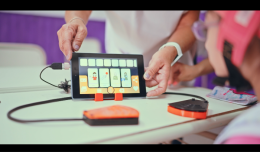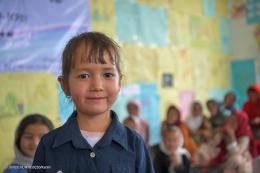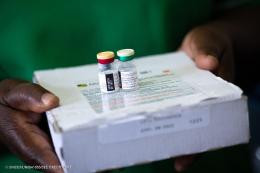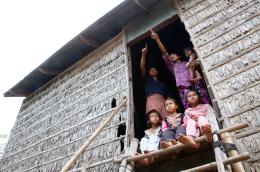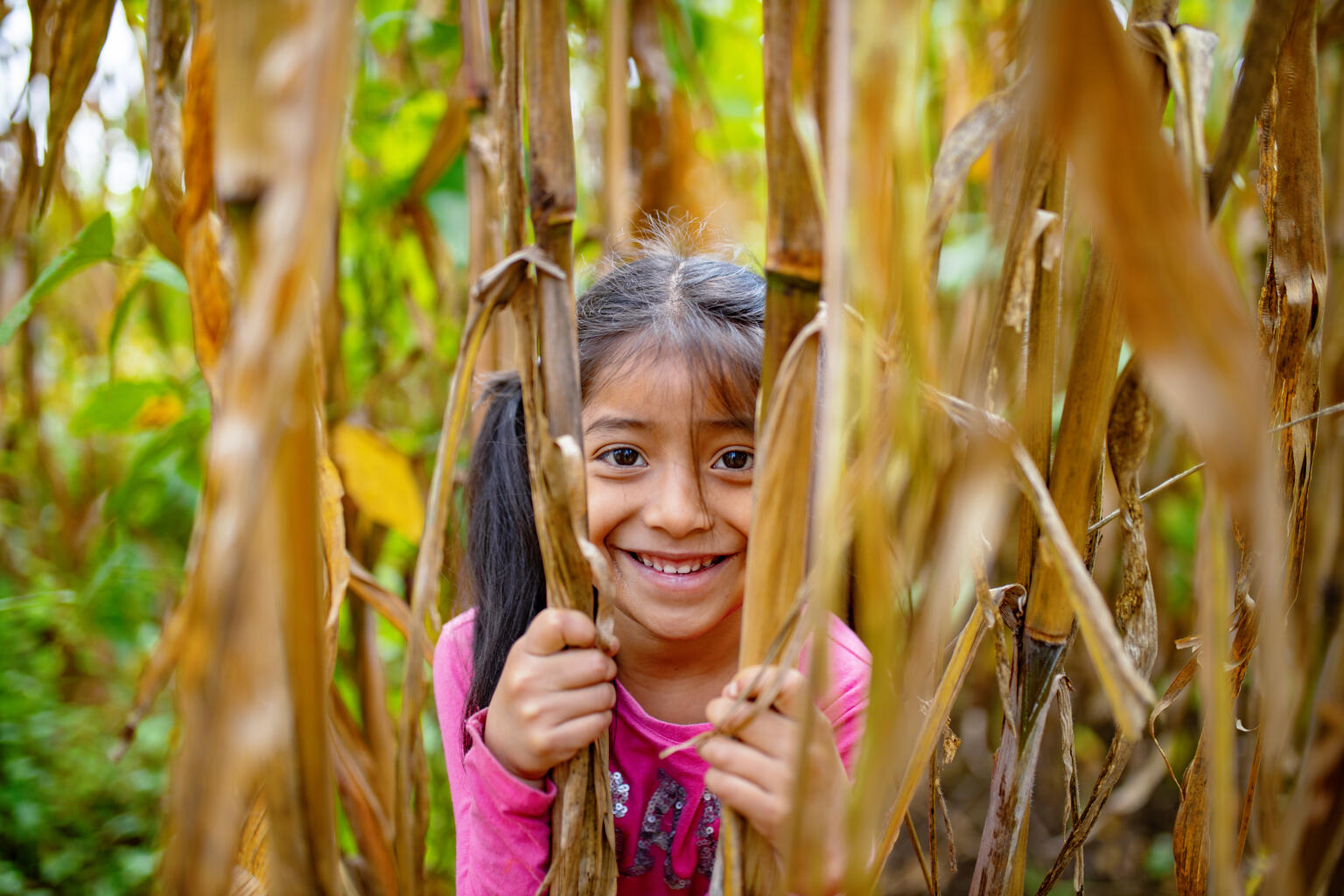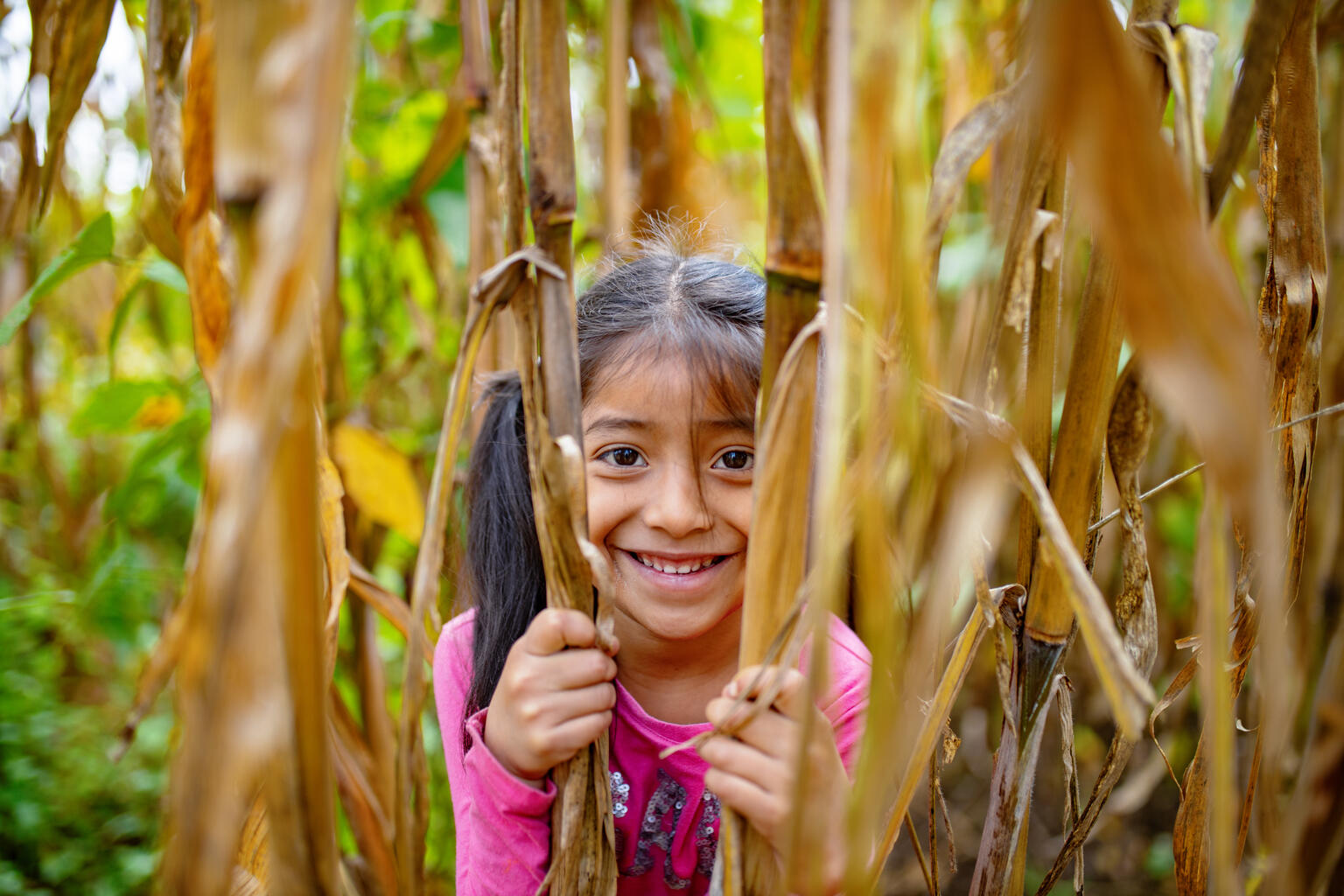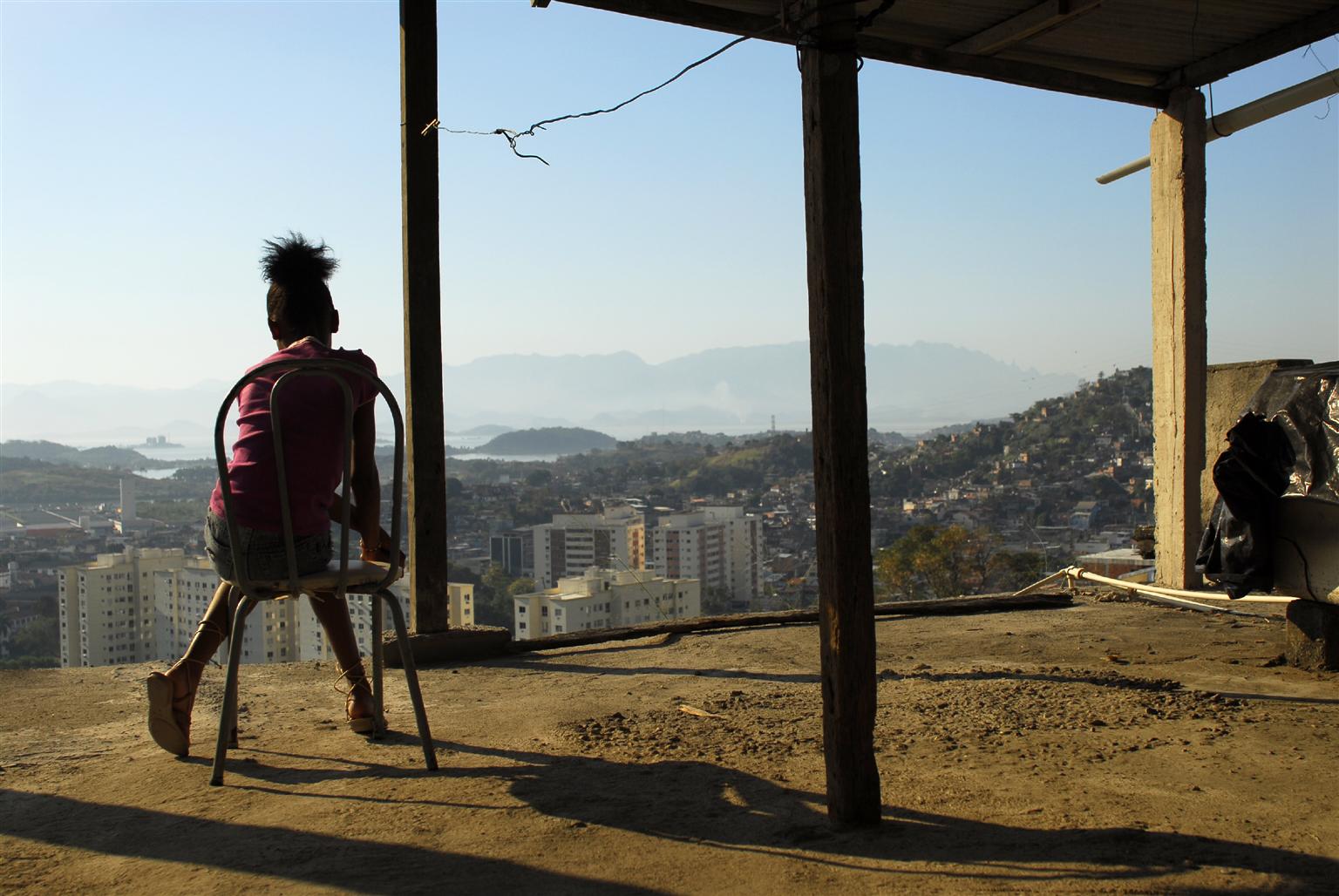The toolkit and its accompanying libraries were meticulously crafted for organizations grappling with the challenge of informed decision-making across expansive areas where traditional ground surveys fall short. These are scenarios where assembling a team of data scientists for developing complex machine learning models is not always feasible due to resource constraints. Our toolkit's ingenious cloud-agnostic approach opens avenues for substantial cost savings by embracing platforms offering flexible billing options. When it comes to the intricate task of crafting or refining machine learning models, the satproc and unetseg modules step in, enabling a single individual with coding expertise to spearhead model development and optimization, thereby trimming costs and optimizing resource allocation.
Collaborations & Partnerships
To enhance our solution, we collaborated with the following three organizations over the past 12 months to expedite their ground surveys and gather feedback that would inform the next steps in our product roadmap:
- Coopecan (AgTech)
We worked closely with Coopecan, an AgTech organization, to develop and implement a machine learning-derived biomass availability measurement. This initiative aims to support sustainable agricultural practices in livestock farming within the Peruvian Andes region. The algorithm's outcomes are securely stored on a public Blockchain for transparency and accessibility.
- TECHO in Brazil and Chile
In partnership with the NGO TECHO, we trained their teams in both Brazil and Chile to create an algorithm capable of monitoring informal settlement growth in peri-urban areas. The algorithm leverages public satellite imagery to track and analyze the expansion of these settlements, aiding urban planning efforts and social development initiatives.
- AI Climate Working alongside AI Climate, we successfully trained a machine learning algorithm to assess and map informal settlements' vulnerability to flooding and landslides in the Sula Valley of Honduras. These algorithms are being validated by local communities and are intended to be integrated into a climate change analysis platform developed by the I2UD, thus empowering better disaster preparedness and mitigation strategies.
These collaborations have been instrumental in advancing our product and have paved the way for meaningful contributions in agricultural sustainability, urban development, and climate resilience.
In parallel with these collaborations, we had been working on amplifying the impact of our tool with a series of webinars, virtual workshops, and training sessions oriented towards developers, urbanists, and data scientists looking to add value to their projects. Recordings and relevant information can be found in our blog, available in Spanish and English.
We invite you to collaborate with us by sending us an email to contact@dymaxionlabs.com and contributing with our open-source tools in GitHub.

